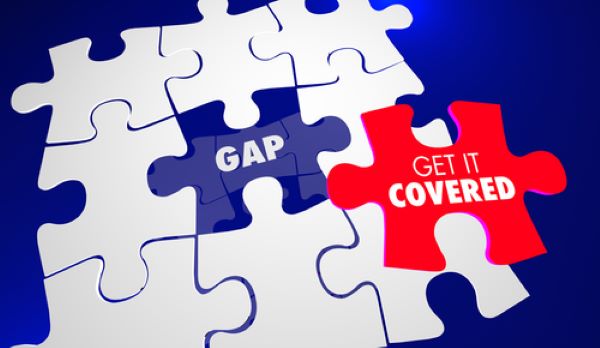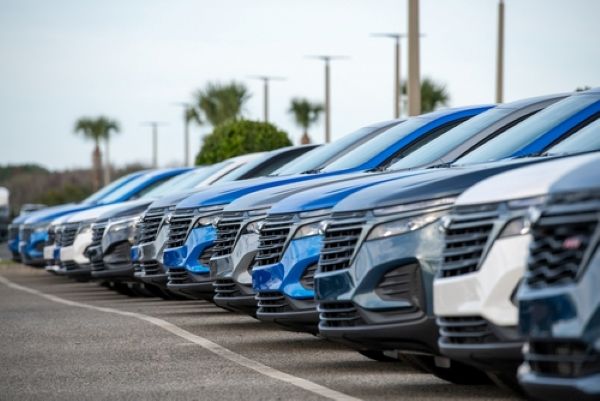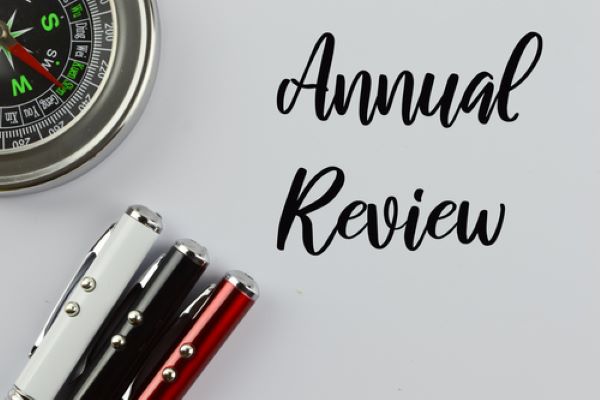 |
| By | October 1, 2023 |
Having a new car gives you freedom and convenience, but it may also carry financial risks if you’re not properly covered. Many people end up getting an auto loan or signing lease agreements with monthly payments that will take years to cover. If your new car is totaled in an accident, the insurer will only guarantee your vehicle’s current market value but won’t cover the remaining balance on your car loan. Guaranteed Asset Protection (GAP) provides the peace of mind that you won’t be responsible for covering the remaining expenses personally. Keep reading to learn more about how this additional coverage works and when you should consider this type of protection. What Is GAP Insurance? GAP insurance is an elective policy that covers the disparity between your vehicle’s actual cash value (ACV) and the outstanding loan amount if your car is stolen or declared a total loss. In simpler words, it safeguards you from facing substantial financial deficits in the event of a total loss incident. How GAP Insurance Works GAP insurance comprises essential elements that collaborate to shield you from financial risk. The following are some of its key components: Actual Cash Value (ACV) This refers to the current…

Having a new car gives you freedom and convenience, but it may also carry financial risks if you’re not properly covered. Many people end up getting an auto loan or signing lease agreements with monthly payments that will take years to cover. If your new car is totaled in an accident, the insurer will only guarantee your vehicle’s current market value but won’t cover the remaining balance on your car loan. Guaranteed Asset Protection (GAP) provides the peace of mind that you won’t be responsible for covering the remaining expenses personally.
Keep reading to learn more about how this additional coverage works and when you should consider this type of protection.
What Is GAP Insurance?
GAP insurance is an elective policy that covers the disparity between your vehicle’s actual cash value (ACV) and the outstanding loan amount if your car is stolen or declared a total loss. In simpler words, it safeguards you from facing substantial financial deficits in the event of a total loss incident.
How GAP Insurance Works
GAP insurance comprises essential elements that collaborate to shield you from financial risk. The following are some of its key components:
Actual Cash Value (ACV)
This refers to the current market value of your car before any accident or incident occurs. As vehicles depreciate over time, the ACV decreases. If you owe more on your loan than the ACV, gap insurance covers the outstanding balance.
Loan Balance
The loan balance is the outstanding amount you owe on your car loan. It reflects the total amount borrowed, including interest and fees.
GAP Amount
This represents the contrast between the ACV and the outstanding loan amount. Should the ACV fall short of the loan balance, a disparity emerges, necessitating coverage.
Role of GAP Insurance
Let’s take a look at an example to help us understand how GAP insurance works: imagine purchasing a new car valued at $30,000 and financing it through a loan. Within a short span of time, the car is stolen and remains unrecovered. While we are aware of the vehicle’s ACV of $25,000, the remaining loan balance stands at $28,000. In the absence of GAP insurance, a deficit of $3,000 would necessitate personal financial coverage. However, GAP insurance promptly addresses this $3,000 disparity.
Is It Worth Adding GAP Insurance to My Coverage?
Now that you understand what GAP insurance is, the next question is whether it is worth adding to your car insurance policy. Although the answer depends on several factors, it can all boil down to the correlation between the debt and the vehicle’s worth. If you are short on cash to cover the gap, you might need to consider adding GAP insurance.
Does it Make Sense for Me?
If you are still mulling over the various possibilities, take into consideration your financial situation, the value of your car, and the terms of your loan or lease. GAP insurance might make sense if:
You Have a Loan or a Lease
If you have a long-term loan, a small down payment, or a lease with low installments, GAP insurance becomes a great safety net. These factors can depreciate your vehicle’s value, potentially leaving you with a substantial outstanding balance in the event of a total loss. What’s more, some lease agreements require GAP insurance as mandatory coverage.
Your Car Has a High Depreciation Rate
Some cars depreciate faster than others. If you own a vehicle with a high depreciation rate, GAP insurance can provide added peace of mind. You can compare the value of your car on a website to your car loan balance, so you can spot the difference.
Your Financial Situation Isn’t Optimal
Assess your ability to cover the potential gap in the event of a total loss. If paying off the remaining loan/lease balance would be a financial strain, GAP insurance can protect you from unnecessary hardship.
You Are Rolling over Negative Equity
If you rolled over negative equity from a previous car loan into your current loan, GAP insurance can protect you from owing more than your car is worth. Negative equity occurs when you owe more on your loan than the value of the car.
You Are a High-Risk Driver
Drivers with a history of accidents or traffic violations may be more at risk for total loss incidents. GAP insurance can provide added protection for these individuals.
You Own Expensive or Luxury Vehicles
Vehicles that are expensive to repair or have high market values often benefit from GAP insurance. These types of cars tend to have higher depreciation rates, increasing the likelihood of a gap between the ACV and the loan/lease balance.
Mitigating Risk in Specific Situations
GAP insurance is particularly valuable in certain scenarios:
- Low Down Payment: If you made a small or no down payment when purchasing your vehicle, the gap between the loan amount and the actual cash value is likely to be significant.
- Upside-Down Trade-ins: If you are trading in a vehicle with an outstanding loan balance, this additional coverage safeguards you from carrying over the remaining balance onto your new loan.
- High Depreciation Vehicles: Certain vehicles, especially those with poor resale value or high depreciation rates, are more prone to experiencing a gap between the loan amount and the car’s value.
Why Seek Help from Insurance Pros?
When it comes to securing the right insurance coverage for your auto, seeking assistance from insurance professionals can offer significant advantages. At Cell Brokerage, our team of experienced insurance experts can guide you. Here’s why it’s worth considering our expertise:
- Access to a Wide Range of Options: Our partnership with multiple auto insurance providers allows us to present you with a diverse selection of coverage options.
- Customized and Affordable Coverage: Insurance professionals work closely with you to analyze your specific circumstances and determine the types and levels of coverage that provide optimal protection.
- Maximizing Savings Through Bundling: Our insurance pros have the knowledge and experience to identify opportunities for bundling your auto insurance with other types of coverage, such as home or business insurance. Bundling can often lead to discounts and cost savings while ensuring comprehensive protection.
With an extensive network of insurance providers, Cell Brokerage offers a wide range of options to ensure that you receive customized coverage that aligns with your requirements and budget. Contact us and get your quote today.









